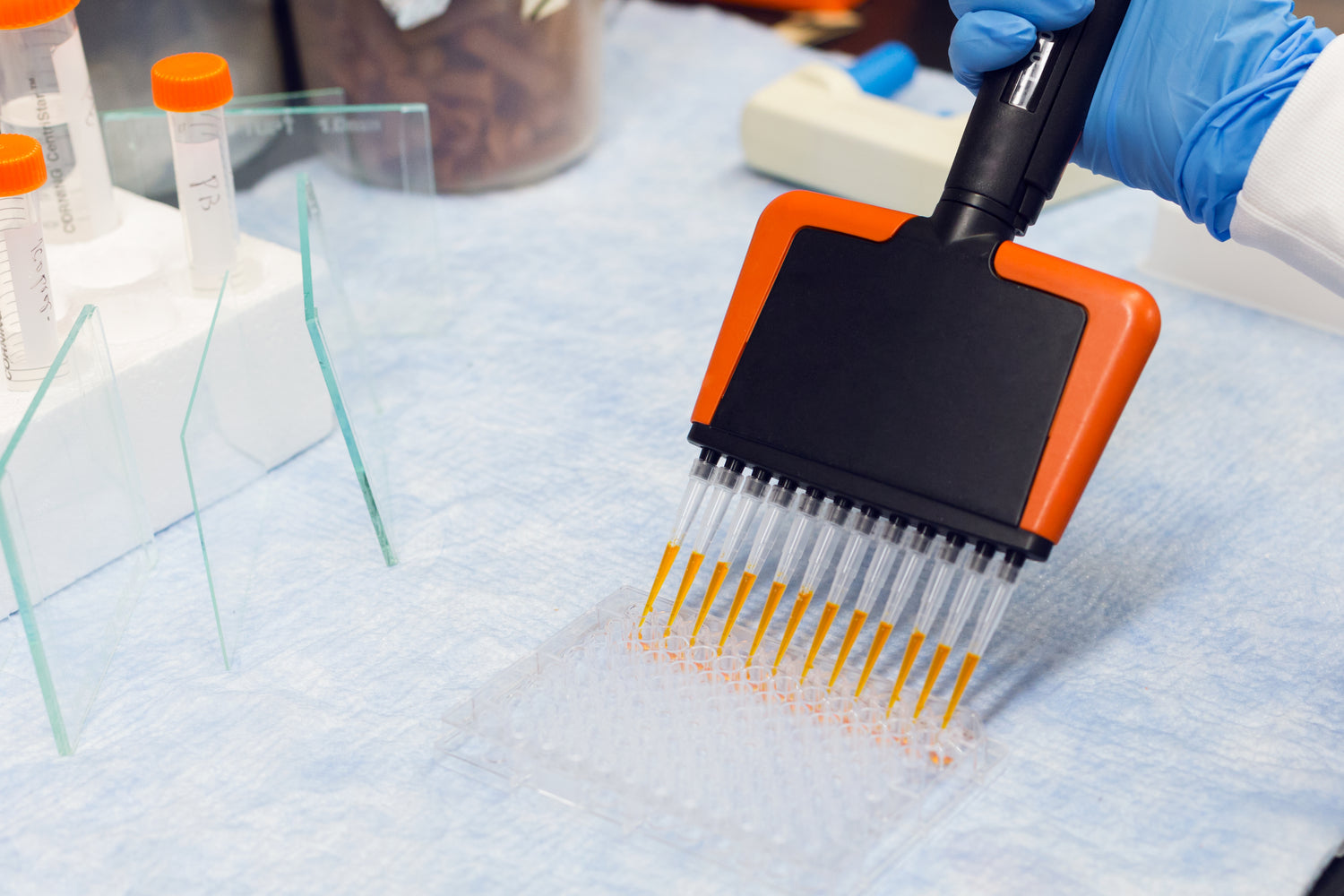
Screening
Prostate-Specific Antigen (PSA) Test
A blood test that measures the level of PSA in the blood, higher levels of which may indicate prostate cancer. Should be combined with a biopsy to rule out prostate cancer.

Screening
Digital Rectal Exam (DRE)
Digital Rectal Exam (DRE): A physical exam where a doctor feels the prostate for abnormalities or lumps that could indicate cancer.

Screening
Biopsy
Biopsy: If PSA levels or a DRE suggest abnormalities, a biopsy may be performed to collect tissue samples from the prostate to check for cancer.

Screening
MRI (Magnetic Resonance Imaging)
MRI (Magnetic Resonance Imaging): In some cases, doctors may use MRI scans to get a clearer picture of the prostate and detect possible tumors.

Screening
Transrectal Ultrasound (TRUS)
Transrectal Ultrasound (TRUS): A procedure where sound waves are used to create images of the prostate, often used in combination with a biopsy to help detect prostate cancer.

Screening
Genetic Testing
Genetic Testing: Testing for specific genetic mutations or hereditary factors that increase the risk of prostate cancer, especially for individuals with a family history.
